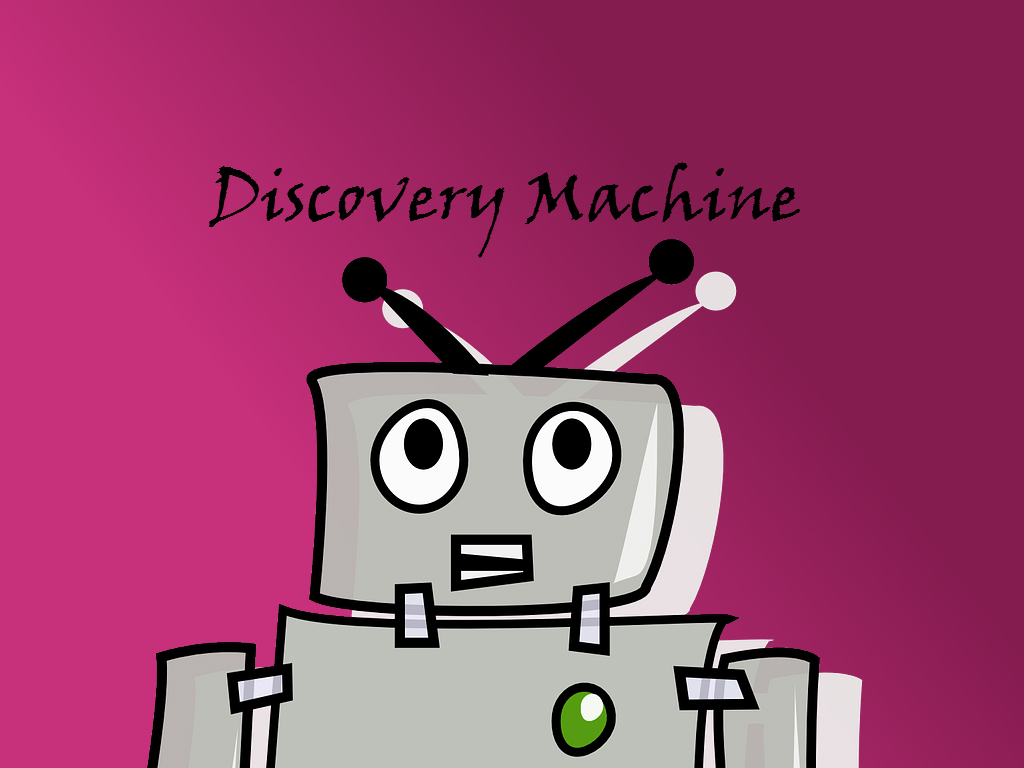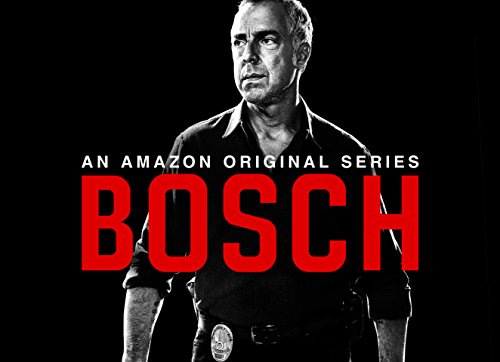Orange is the New Black is one of the flagship shows for Netflix. Along with House of Cards, it's one of the shows that put Netflix on the map for original programming. Also much like House of Cards, Season 3 seemed to have more low points than high points in term of storytelling. Luckily, both shows seemed to have listened to critical response and have pulled in the reins for both shows, making Season 4 of both shows a high point for the respective series.
Orange is the New Black has been an interesting show for me. The premise has kept me hooked since the first episode, but the stories the show chooses to tell have kept me coming back for more. You can tell a lot of interesting stories based on the idea that the location stays the same but the population and situations change, and their is such a variety of people coming through that really you can tell any mix of stories you want that also deal with prison. That's where OitNB really shined through, with their flashback segments, showing you snippets of the different inmates lives before prison, often showing you who they were and what happened to get them into prison. It not only brought depth you otherwise couldn't get for such a robust cast, it also helped flesh out the run-time of each episode, which is crucial in a show where we are working on a limited time frame and stuck in one place.
I think as the show went on past season one, they realized something important about the show, that nearly every other character is more interesting than our main character. The first season works well for Piper, it show cases who she is and what she does and why she was in prison, and how crazy and scary that is for someone like her, who otherwise led a pretty cushy life. But after that...you know who she is, her character is pretty much spent. Using the flashbacks and bringing other storylines to the fore-front, Piper started to become just another part of the ensemble cast and not the main character, which was great because there are so many other interesting people to be following other than Piper. However, into the third season they seemed to be at an odds, where they wanted both for Piper to be the main driving force of the show and also to focus on the other characters. For that, the season ended up lacking. Tackling terrific and horrifying situations and topics and then cutting back to Piper whose ultra-seriousness about her situation undercuts how much serious stuff we're being shown otherwise. A lot of people didn't like how season three ended, I was not in that camp, but I understood the complaints and took it for what it was.
So now we get into Season 4, and it is a wild ride. The very first episode of the season shows you the impact of the Season 3 finale as anything but idyllic and saccharine. The end of season 3 was leading up to what would look like a win for the inmates, which, just writing that out indicates why that can't happen. Our main characters are in prison and they are not going to have a good time. So Season 4 starts off with a bang and things immediately get worse for literally everyone.
One thing I really liked about this season was the expansion into following the guards and Caputo and how the prison affects them as well. You end up feeling bad for the older guards and Caputo, as they struggle with losing their own humanity in the face of the job. Especially Caputo. He was never shown as a particularly good dude throughout the previous seasons, but we were shown that he cares about the inmates and sees them as people. Throughout this season he is challenged nearly every episode with the idea that the company he now works for treats the inmates as a bottom line and not as people. You see him spiral further and further, until he realizes he is at the mercy of this company and he's more just a figurehead than really in power, that he just has to sit and watch humanity being stripped away from his prison and people he's gotten to know. I think Caputo's arc is actually one of the most compelling of the show, someone who was once a sub-villain of the show gets a transition into being a good guy, and it's literally only because in comparison he's a pretty decent guy when you bring in worse people.
I think Season 4 is a great improvement on the last couple seasons. While they still seem to insist on Piper being our main character, I like that they took her down a bunch of pegs in the process. I still was unhappy with how much we're supposed to sympathize with her for some of her decisions this season, but several times I was stuck in a mindset of "she gets what she deserves." The entire premise of this season seems to be that actions lead to consequences, and if you choose the action you don't get to choose the consequence, and Piper's arc this season seems to at times forget that part and want us to feel bad for her. I mean, some bad shit happens to Piper, but what she did was not going to go without consequences and we're supposed to believe that's kind of the point of the show. Other than that though, the story arcs this season were fantastic. Everything with the new guards and new captain, CO Donuts getting a small character arc of his own and all the inmate stories, especially Lolly, Crazy Eyes and Blanca.
Another thing I really appreciated this season were the flashbacks. By Season 3, it felt a little like the flashbacks had kind of taken over for new content in the show, as a way to get you to care about any character. I enjoyed it, but it seemed like we were getting the setup for every character as we went. This season, the flashbacks were mostly just for fleshing out character backgrounds and not why the inmates were in prison (except for a couple in particular) and just showing us more about them and why they act the way they do and what their old lives were like. The thing I really liked this season though was how they handled what I will refer to as the "Walking Dead" situation. And by that I mean, much like in The Walking Dead property, it's an ensemble show about normal people being put into extraordinary, impossible situations. A situation like the zombie apocalypse or prison can't be escaped in the narrative of the show, that part can never change. So you have to rely on good storytelling and the ability to add and remove characters at times that you both see coming and don't see coming. The hang up that The Walking Dead seems to have is that they want to remove people in a shocking manner often, to keep people on their toes, but it's mostly without a good reason. Characters that have been smart their entire run will be dumb for an episode and die in that one because they were dumb. It stops being shocking in the benefit of the show, and instead feels like an exercise in drumming up ratings. Orange is the New Black handles that same kind of impossible scenario well this season. We lose one character that we saw coming the whole time, and that story arc gets to play out through the season, and we get a shocking death as well that you would never suspect to have happened. But unlike The Walking Dead, it's not completely out of character for the death to happen, they make the death happen in a way that's totally plausible, not out character for the way the person acted, and still end with a shocking death that no one would have saw prior to that scene, and for that I must commend them. Unlike The Walking Dead, you truly do not know who is safe and for how long inside Litchfield.
As strong as it was story wise, there were still some characters and stories I didn't enjoy that much. I mentioned the problems with Piper's story, and almost up there for me is the second half of Alex's story. It starts off strong, but then once the main problem is taken care of, they just put Alex back to being this mopey, stand-offish character that ends up being nearly insufferable. It would be one thing if they actually focused on her for something, but the show never does. It's just that Alex has her own problems that she's dealing with somewhere in the background of every other episode, so you never get much more than just some moping and brooding instead of any resolution with her.
Overall, I really liked where the show ended. It resolved several storylines, shocked with the way it handled the death of certain characters, and left it on a reasonable cliffhanger for the next season. The creative team pulled in the reins and worked on what made the show spark in the first place and tweaked parts that didn't work. If you liked the previous seasons, I cannot recommend season 4 highly enough.







